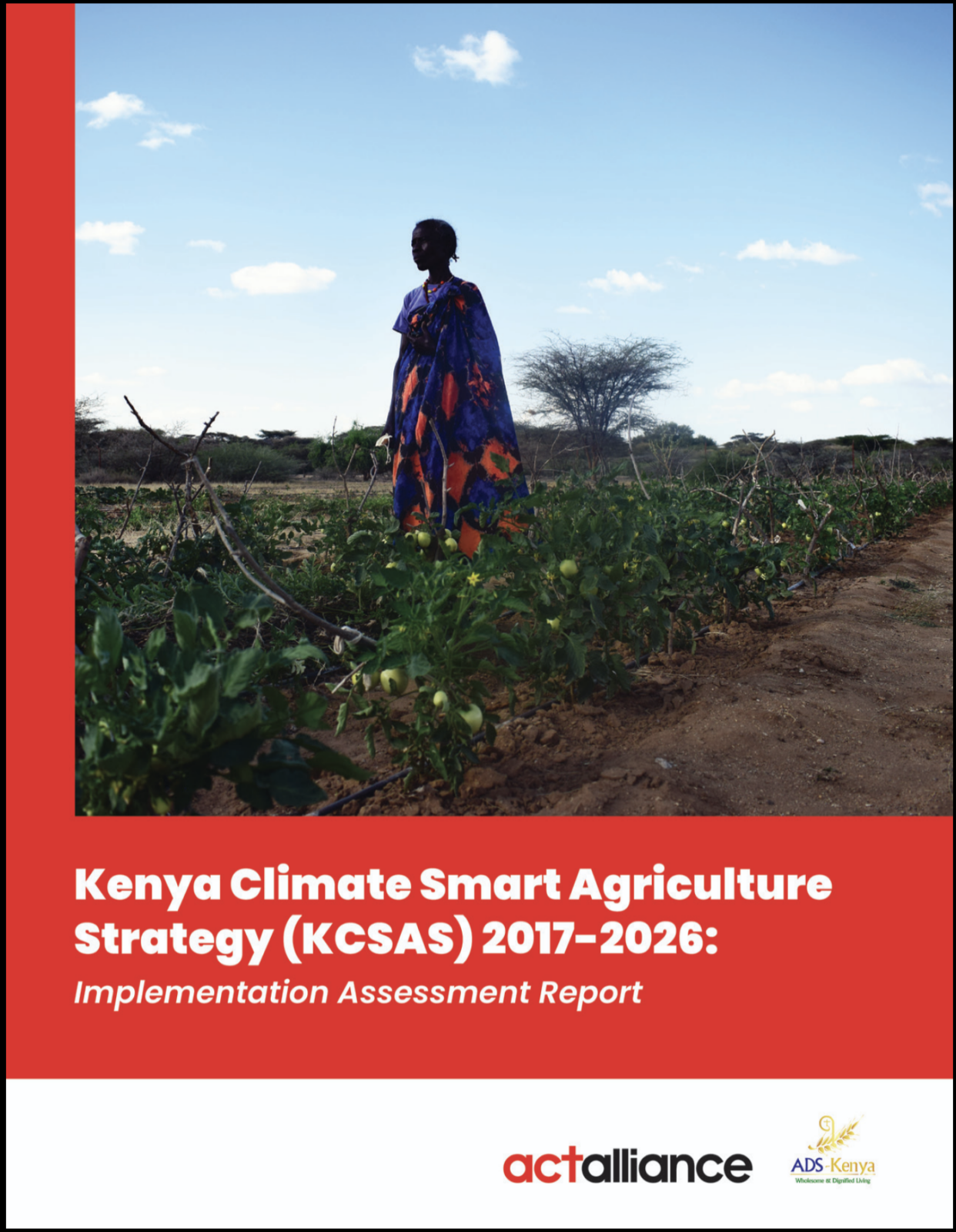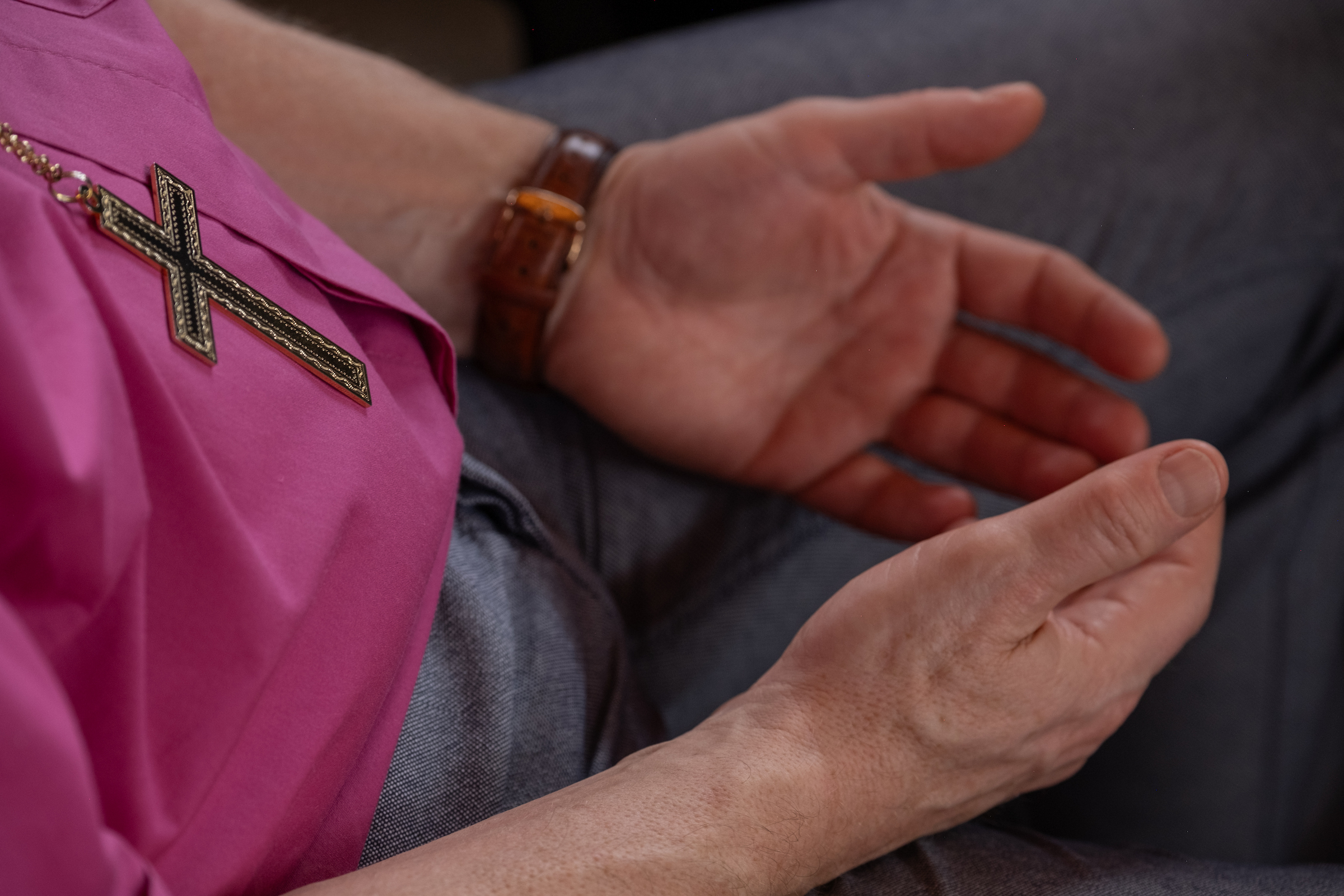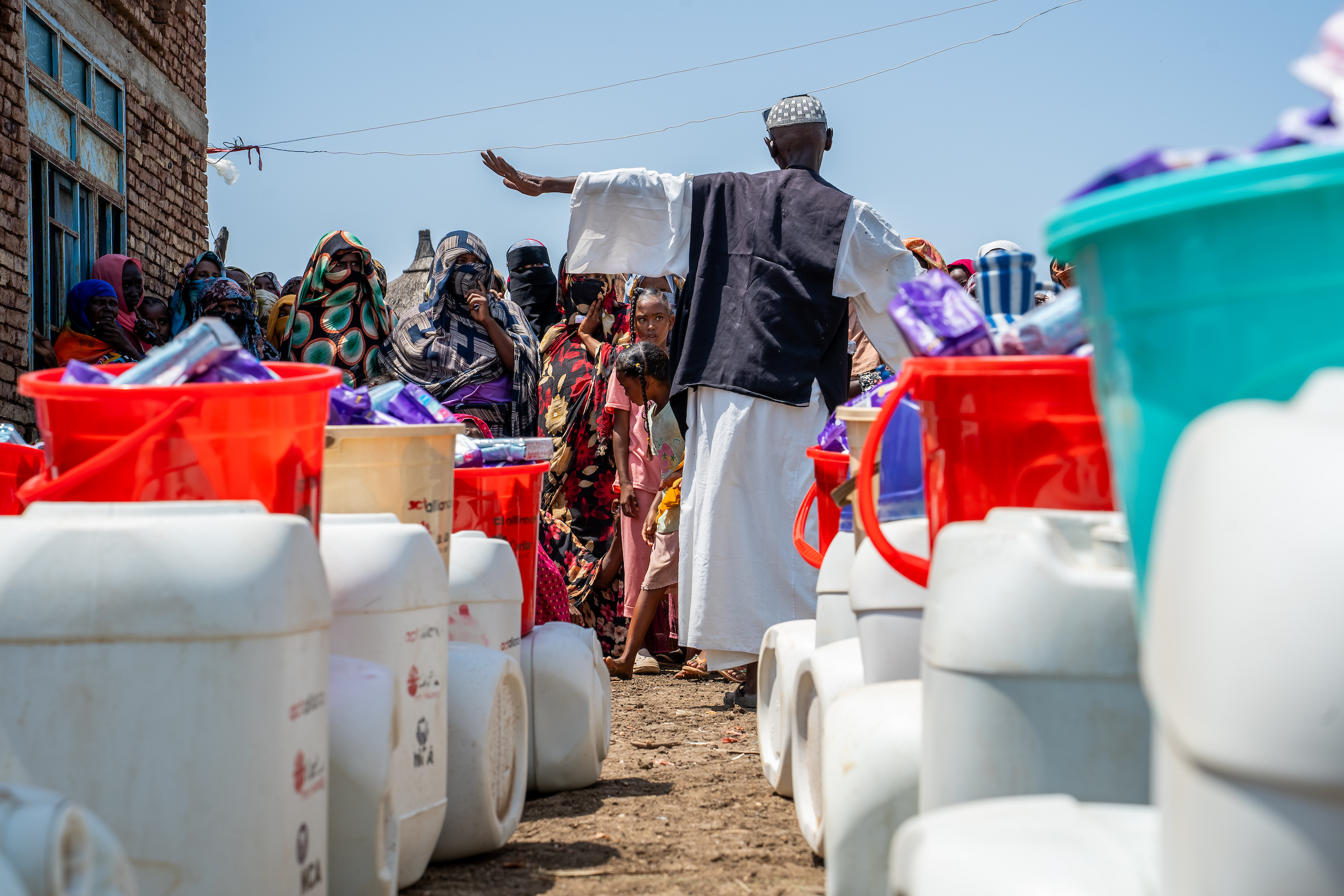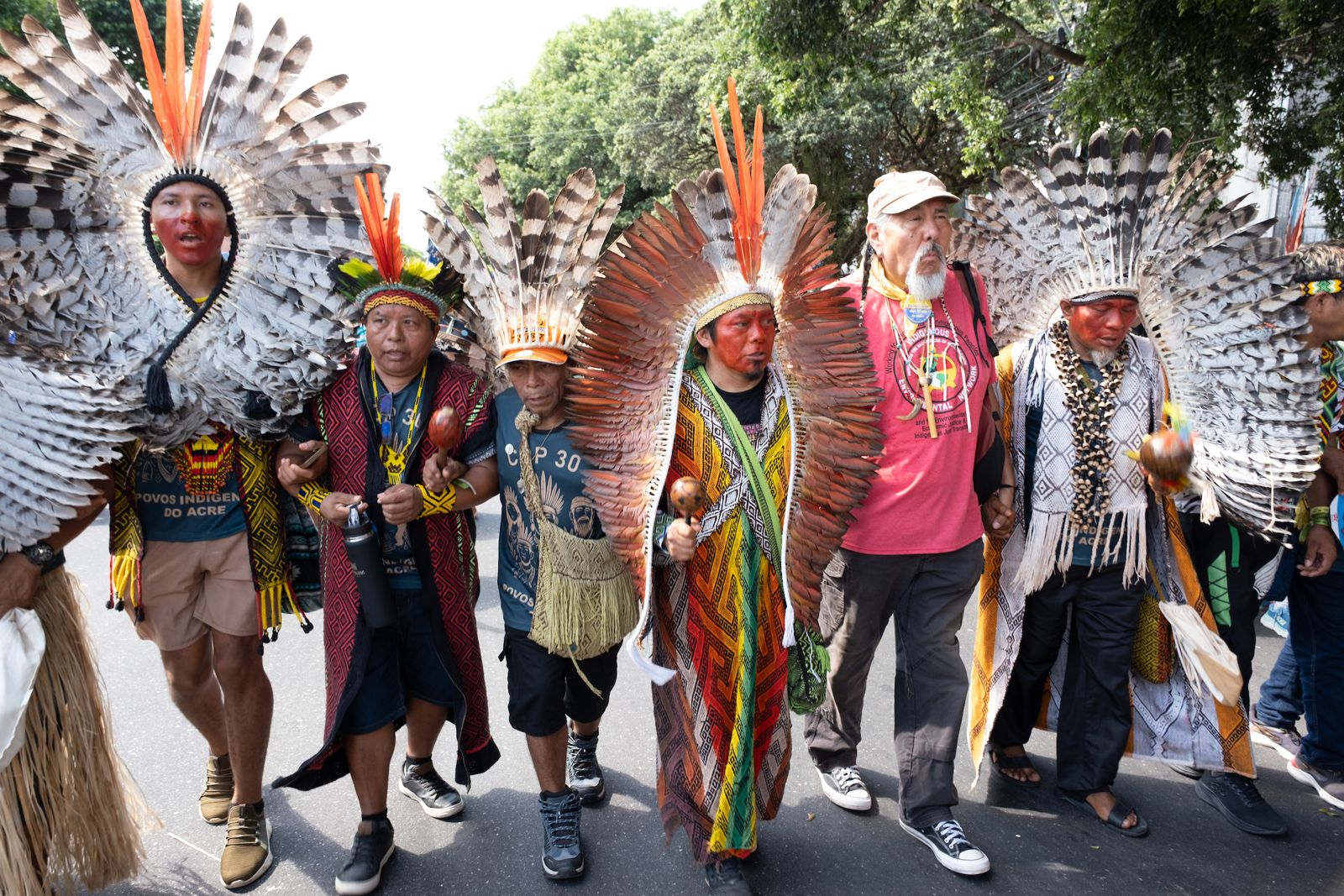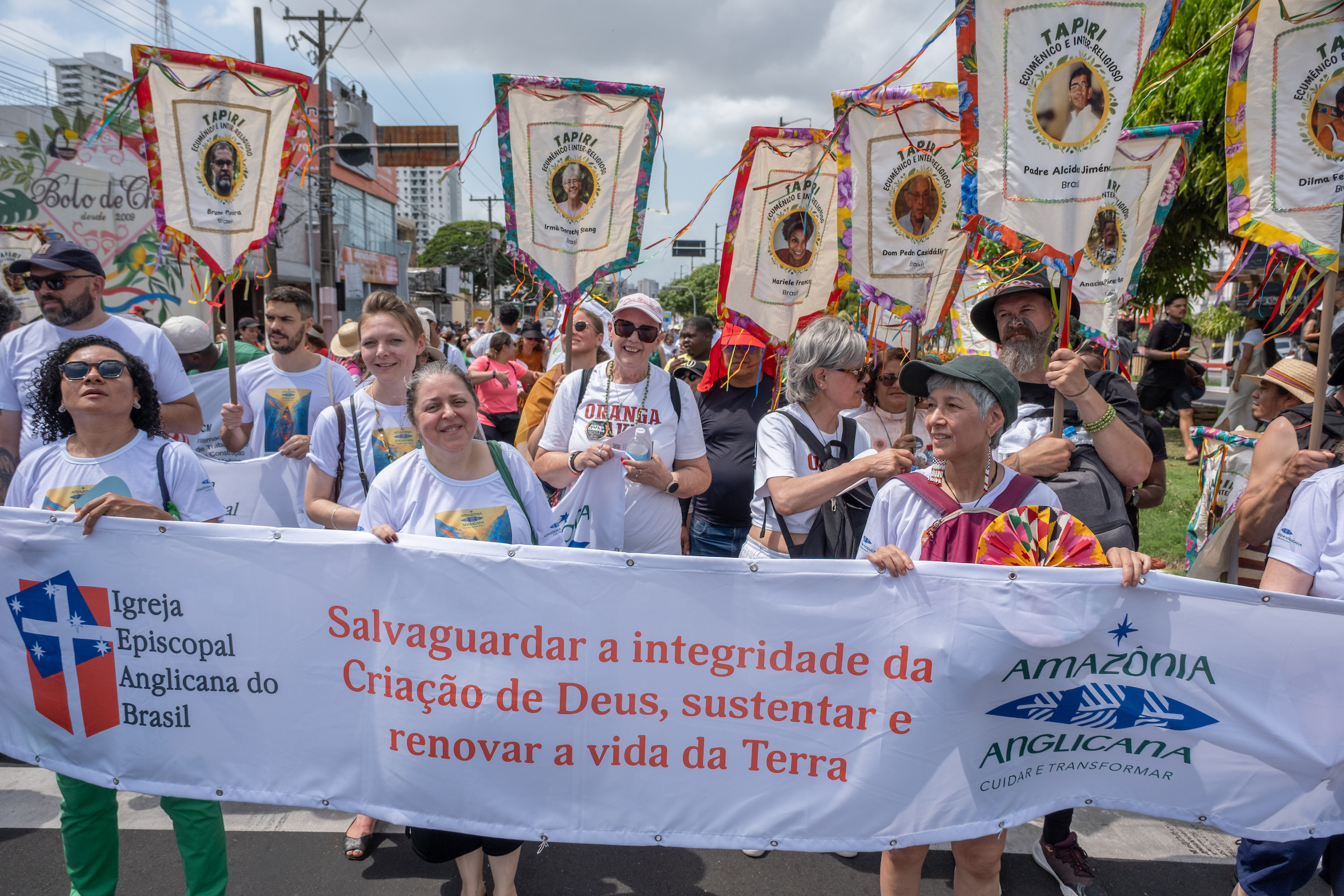By Rachel Kenny, Tanganyika Christian Refugee Service and Linda Lundqvist, Church of Sweden
Across continents, from the rural communities of Tanzania to the urban centres of Sweden, young people are facing a world shaped by climate change, social injustice, and economic uncertainty. In the face of these challenges, they are also leading movements, innovating solutions, and demanding a seat at the table. This month, the Nordic-African Foreign Ministers’ Meeting will take place in Victoria Falls, Zimbabwe. As Foreign Ministers from Nordic and African countries gather, we urge them to recognise youth not as passive beneficiaries, but as equal partners and leaders in shaping a just and sustainable future.
In Tanzania, where 77% of the population is under 35, youth are at the forefront of climate action. They are mobilising in their communities, innovating in agriculture, and advocating for climate justice. However, they face immense challenges such as climate-induced droughts and floods, limited access to education and technology, unemployment, and rising mental health struggles. These issues are compounded by systemic inequalities and a lack of meaningful inclusion in decision-making processes.
Whereas in Sweden, youth participation in associations, which was once a cornerstone of civic engagement has declined sharply. Only half of young people today are members of any association, and even fewer among girls born outside Sweden. Many feel unheard, unseen, and unnecessary in society. This erosion of trust and belonging is deeply concerning. A minority of young people in Sweden believe that those who make decisions listen to and care about people’s opinions and suggestions, and only half believe that there are great opportunities for ordinary people to put forward their opinions and suggestions.
Despite these differences, our experiences converge on a shared truth: youth everywhere need to be recognised as agents of change. We are both part of the ACT Alliance Youth Community of Practice, where we collaborate with youth around the world, who are calling for justice. We want leaders to move beyond tokenistic consultation and towards genuine power-sharing. Youth-led movements and networks must be strengthened, and platforms created where young people can influence policies, shape institutions, and lead climate and gender justice efforts.
Young people hold a profound awareness of both local and global challenges, uniquely positioning them to lead the way in crafting sustainable solutions for our world.
Rachel is deeply involved in the climate justice movement, which is not just about reducing emissions, it is about equity. It means acknowledging the disproportionate impacts on vulnerable groups, including women, children, Indigenous peoples, and people with disabilities. It means understanding that young people born into this crisis will bear its long-term consequences. In Tanzania, declining agricultural yields are forcing rural youth to migrate, disrupting communities and deepening mental health challenges.
Linda’s first connection with Tanzania was as a child being told about the cow-calf project where they raised money for people in the rural areas in Tanzania, a project that opened her eyes for the injustice of the world. This led to Linda getting more involved in humanitarian aid organisations which gave her opportunities to learn more, meet more people and expand her perspective. It is thanks to that project where she got to know more about Tanzania that she was given the opportunities she has had. She wants more youth to be able to build bridges across continents, where youth are heard and recognised as equal partners and leaders.
We believe Nordic-African cooperation can be a powerful force for change. By sharing best practices, investing in youth leadership, and creating spaces for cross-cultural learning, we can build bridges of solidarity and innovation. We can empower youth to lead in development, peacebuilding, gender equality, and climate resilience. We believe that it is by meeting other young people that we learn from each other and can create something new. With Nordic-African cooperation we can also recognise youth as equal partners and leaders in shaping policy and governance.
Our stories are intertwined. Linda’s journey began with a humanitarian project in Tanzania that opened her eyes to global injustice and led her to lifelong activism. Youth need to know that their voices are heard and that they are needed and wanted in society. We, the youth, have for too long been viewed as a token, someone that was needed to invite but not needed to be heard. Maybe this is a part of the apathy that is spreading resulting in youth not caring, not having any hope in themselves or society.
Rachel’s work in Tanzania has shown her the resilience and creativity of youth facing climate adversity. If we fail to act decisively now, we risk passing on a world burdened by fear and instability to future generations – a legacy of inaction that they should not have to bear. Therefore, it is crucial to engage youth in decision-making processes, deepening our sense of ownership and responsibility, promoting long-term sustainability and social progress.
Together, we call on leaders to listen, invest, and act. Ahead of the Nordic-African Foreign Ministers’ Meeting, we amplify a collective series of recommendations produced by members of the ACT Alliance. Let this be the moment where youth are no longer seen as the future but as the present. Let us build a world where every young person, regardless of geography or background, is heard, valued, and empowered to lead. Change can happen and young people are an important part of society.

